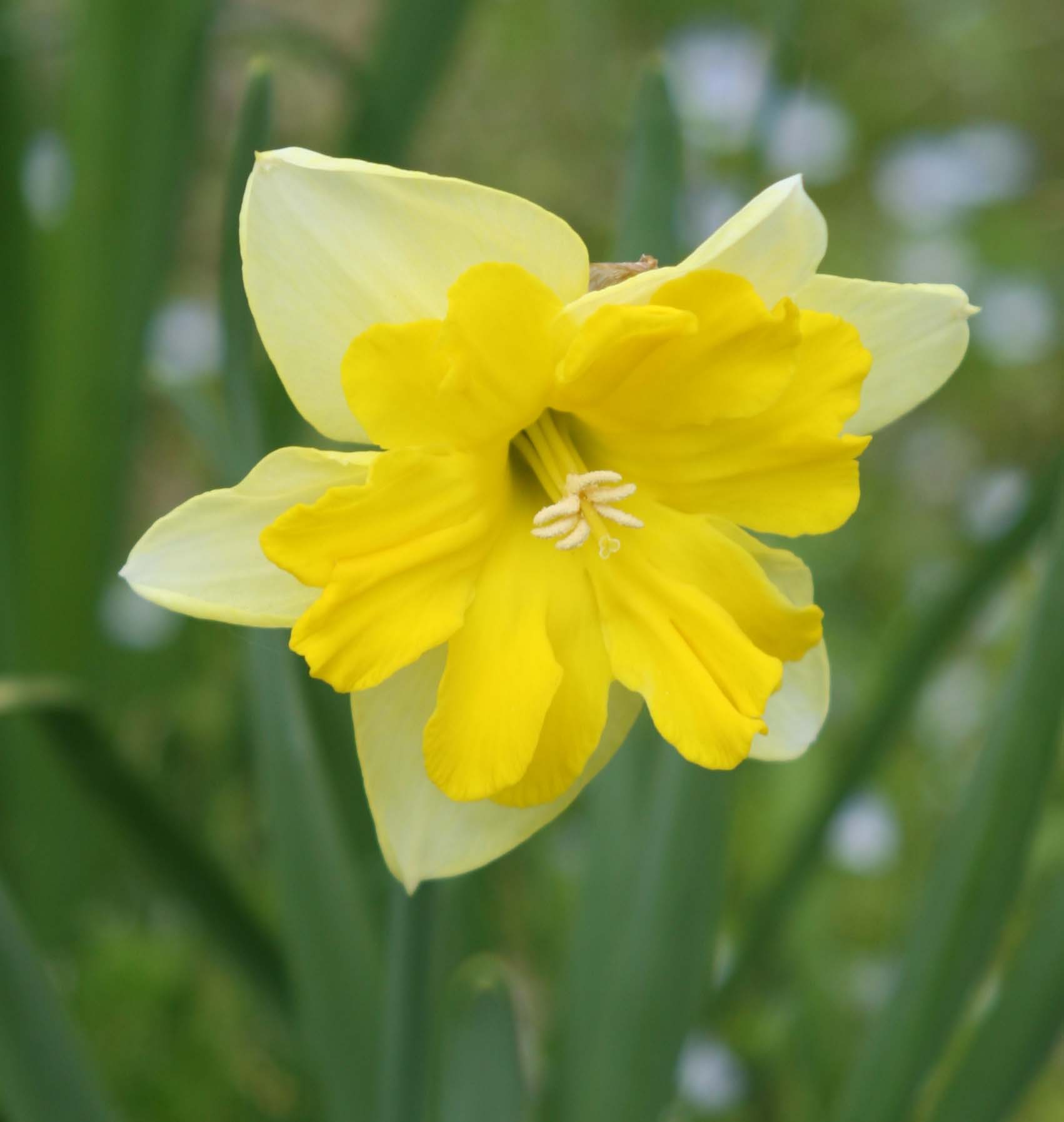National Poetry Month comes to a close this week, as does my experiment with revising someone else’s poem. It was a fascinating practice, because it involved a kind of interpretation and re-imagining, taking–in this case–a poem written in Portuguese in 1928, and seeing whether through revising, I might make it mine (if not make it new). In slightly less than a month, I reworked the poem ten times. That’s a pace much quicker than I generally revise my own work. Which also made for an interesting process.
No judgment on the outcome, such as it is. The purpose of the prompt was to keep me writing and to remind me to get revising my poems, and it did have the intended effect. When emotional, physical, job or life obstacles clutter the writer’s terrain, attending to a writing project–however arbitrary–can have a salubrious effect. Or at least grease the wheels a bit.
The initial piece: I randomly chose the following poem by Pessoa in the heteronym of Ricardo Reis, in Honig & Brown’s translation:
"Whatever stops is death, and is our death"
Ricardo Reis (Pessoa)
Whatever stops is death, and is our death
If it stops for us. That very shrub now
Withering, takes with it
Part of my present life.
In everything I saw, part of me remained.
With all I saw that that moves I too move.
Nor does memory distinguish
What I saw from what I was.
~~
That was my ground zero. Perhaps I chose it because it reminds me a bit of Dickinson’s “Because I could not stop for Death.” I will not reproduce all ten ‘versions’ I drafted, though that might interest someone (who exactly, I don’t know…). Here, however, is the tenth version, which sounds much more like me:
Revision
after a poem by Ricardo Reis {Fernando Pessoa}
“Whatever stops is death…”
Hurrying to wait,
I contemplate
the final cessation
which
like the intersection
of Lanark Road and Rt. 309
lies up ahead:
red light, stop sign.
At a less determinable
distance, death does its duty—
part of me goes dying daily
each fallen leaf
dry stalk and road-killed
grey squirrel
pulls me closer
to my own departure
the way
a mother grasps her
child’s hand while running
to catch a crosstown bus—
hurrying.
I imagine memories
will dissipate, and freeze—
slowness and blur
will burgeon
until I can’t discern
the glistening new cicada
from its static husk
or morning’s gleam from dusk’s
cluttered, cloudy smog
or red lights from yellow
change will be stopped
at that intersection because
I will no longer know who
or what it is I was.
~~
One of the things I take away from this effort is that I do have a recognizable voice in my work. That was something I fretted over for many years, the concept of possessing a poetic voice. I have written in so many styles and taken different approaches to work and, for awhile, topic, that younger me worried that I had not developed a voice. Apparently someone long ago convinced me of the importance of having a recognizable voice; now, I barely recall why lacking it would feel like such a terrible thing. But reading my revision of Pessoa’s original, I sense his idea but hear my voice and my interpretation of his idea.
I’m not sure this is the final draft–whether this poem is finished or not, or whether it ever will be. I thank Pessoa for providing the starting point for the experiment and for making me stop and consider whether memory distinguishes who I am from who I was.
~
Finally, a recent brief poem in One Art Poetry Journal: https://oneartpoetry.com/2022/04/21/passover-by-ann-e-michael/




